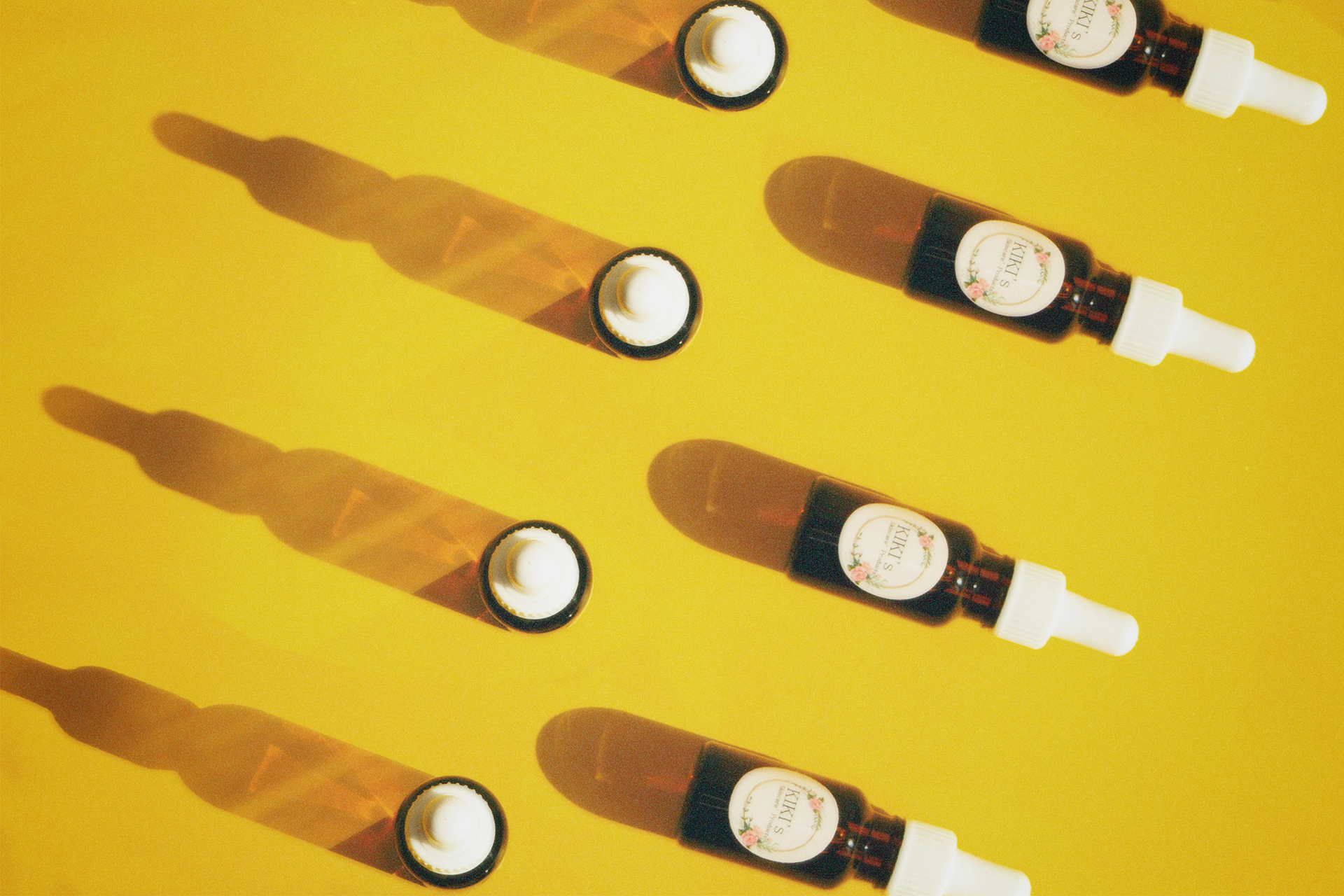Acne scars are more than just a reminder of past breakouts; they can also be a major source of self-consciousness and frustration. However, the silver lining is that several effective treatments are available to reduce and even erase these unwanted blemishes. This comprehensive guide delves into the types of acne scars, their causes, and the most effective treatments available, helping you navigate the journey to smoother, clearer skin.
Understanding Acne Scars
Acne scars are formed when severe acne causes deep breaks in the skin, leading to damage that extends through the epidermis (the outer layer of skin) into the dermis beneath. When these deep injuries heal, they can leave behind scars due to the overproduction or underproduction of collagen, the protein that keeps skin smooth and elastic.
Types of Acne Scars
Understanding the types of acne scars is crucial in selecting the right treatment approach:
- Atrophic Scars: These scars appear as indentations in the skin and are the result of tissue loss. They are categorized into three types:
• Ice Pick Scars: Deep, narrow, and pitted scars.
• Boxcar Scars: Broad depressions with sharply defined edges.
• Rolling Scars: Wavy indentations caused by damage under the skin.
- Hypertrophic and Keloid Scars: These are raised scars that occur when the skin produces too much collagen, which leads to a mass of raised tissue on the skin’s surface. Hypertrophic scars are confined to the damaged skin, whereas keloid scars can grow beyond the injured area.
Causes of Acne Scars
The formation of acne scars is primarily due to inflammatory acne lesions, such as cysts and nodules, that penetrate the skin deeply and damage the tissues beneath. Factors that increase the likelihood of developing acne scars include:
• Genetics: A family history of acne scars can increase your risk.
• Delayed acne treatment: Waiting too long to treat severe acne can make scarring worse.
• Picking and squeezing: Manipulating acne spots can exacerbate inflammation and deepen scars.
Professional Treatments for Acne Scars
For those seeking to minimize the appearance of acne scars, several professional treatments can offer significant improvements:
- Laser Resurfacing: This procedure uses concentrated light to remove damaged skin or stimulate the production of collagen without damaging the top layer of skin. It’s effective for both atrophic and hypertrophic scars.
• Ablative Lasers (e.g., CO2 laser) remove layers of skin and are ideal for deeper scars.
• Non-Ablative Lasers (e.g., Fraxel) enhance collagen production and are less invasive.
- Chemical Peels: High-concentration acids are applied to the skin to remove the top layer and promote new skin growth. This method is particularly effective for less severe scarring.
- Microneedling: Also known as collagen induction therapy, this involves using fine needles to create micro-injuries on the skin, stimulating collagen and elastin production. It’s effective for rolling and boxcar scars.
- Dermabrasion: This strong exfoliation technique uses a rotating instrument to sand the skin, making way for new, smoother skin to replace scarred skin.
- Fillers: Injectable treatments, such as hyaluronic acid and poly-L-lactic acid, can fill in shallow to deep rolling scars and other under-the-skin indentations.
- Subcision: Used primarily for treating severe rolling scars, this involves inserting a needle under the skin to break up fibrous bands that cause the scarring.
Over-the-Counter Remedies and Home Treatments
For those who prefer less invasive approaches or wish to supplement professional treatments, over-the-counter products and home remedies can be beneficial:
• Topical Treatments: Products containing retinoids, hydroxy acids (like glycolic and lactic acids), and vitamin C can help reduce the appearance of scars by accelerating skin cell renewal.
• Silicone Gels and Sheets: These can help flatten hypertrophic and keloid scars by hydrating the tissue and reducing collagen overproduction.
• Sun Protection: Regular use of sunscreen can prevent scars from becoming darker and more noticeable.
Preventing Acne Scars
The best strategy to combat acne scars is prevention. Managing acne before it becomes severe can significantly reduce the chances of scarring:
• Early Treatment: Address breakouts promptly with appropriate acne treatments, such as topical retinoids or benzoyl peroxide.
• Avoid Aggravation: Resist the urge to pick or squeeze pimples.
• Seek Professional Help: Consult a dermatologist early if your acne is severe or not responding to over-the-counter treatments.
Conclusion
While acne scars can be a challenging condition to tackle, the array of available treatments—from advanced laser procedures to simple topical creams—means that there are options suitable for all types of scars and budgets. With the right combination of treatments, patience, and skin care, you can achieve the smoother, clearer skin you desire. Remember, each person’s skin is unique, so it’s important to consult with a dermatologist to create a tailored treatment plan that best suits your specific needs.




